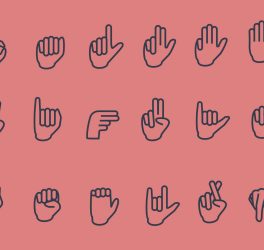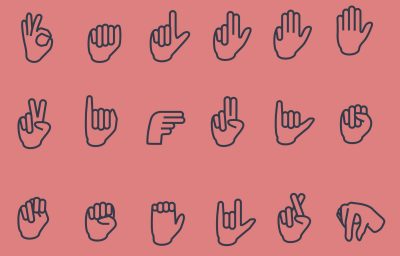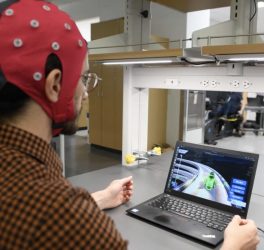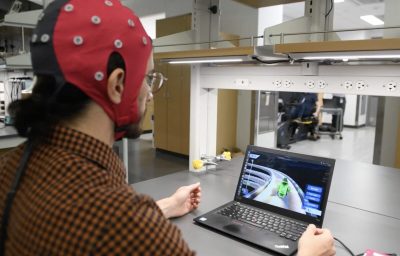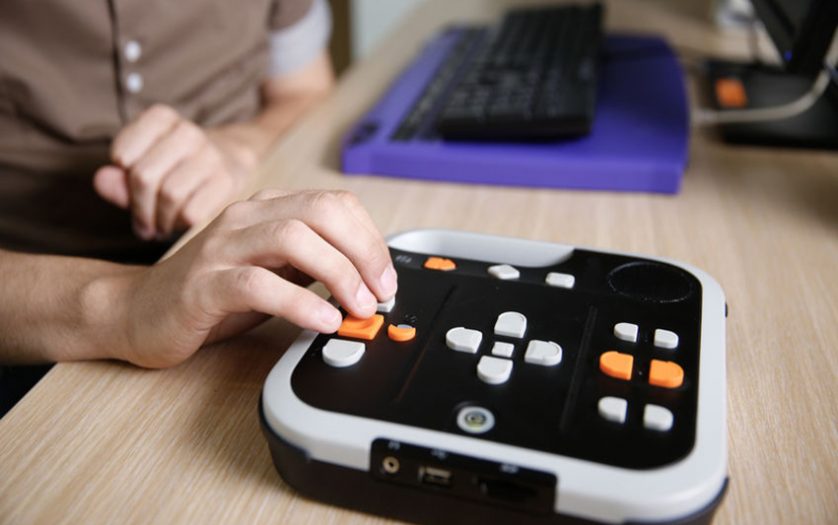
Ottawa – Canadians with disabilities deserve the same opportunities to find good jobs, contribute to their communities, and build a better life for themselves and their families. Yet many Canadians with disabilities still face barriers to full participation in the digital economy.
The Honourable Navdeep Bains, Minister of Innovation, Science and Economic Development, announced that 12 new projects from across the country will receive funding through the Accessible Technology Program. This is in addition to the three projects funded under the program that were announced earlier this year.
With these investments, recipient organizations will provide support for the development of assistive and adaptive digital devices and technologies to help make it easier for Canadians with disabilities to participate fully in the digital economy. The funding comes from the $22.3 million federal Accessible Technology Program.
“As we work to build an innovation nation—one that is inclusive and works for everyone—our focus is squarely on our greatest asset: our people. The Accessible Technology Program is helping to empower Canadians with disabilities. By working with great organizations across the country, we are setting the bar higher and leading the way on increasing accessibility and our awareness of its importance.” said Navdeep Bains, Minister of Innovation, Science and Economic Development
For a complete list of all organizations, visit the Accessible Technology Program website.



